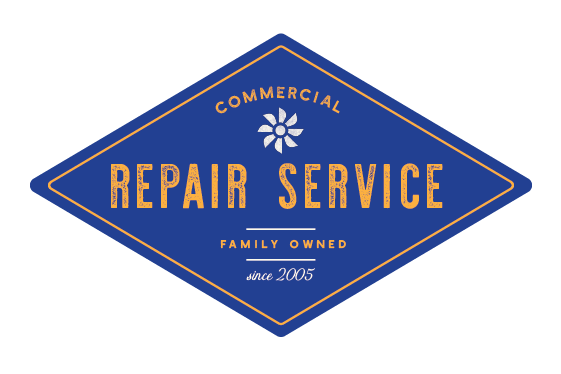What to Expect During Your Commercial Plumbing Inspection
At Commercial Repair Service, nestled in the heart of Tucson, Arizona, we understand the intricacies of maintaining a robust plumbing system. Our certified plumbers are dedicated to ensuring your water supply and drainage systems are in peak condition, helping you identify and rectify issues such as pipe corrosion, blockages, and leaks before they escalate into major concerns.
Regular self-inspections are beneficial, but nothing compares to the thoroughness of an annual check-up conducted by our certified professionals. To assist you in preparing for this essential service, we've compiled a comprehensive checklist detailing the common inspections you can anticipate.
The Importance of Commercial Plumbing Inspections
The cornerstone of a commercial plumbing inspection is its ability to unveil potential risks within your plumbing system well before they become problematic. This proactive approach not only helps in averting costly and unexpected repairs but also ensures your business remains operational, avoiding unnecessary closures.
By scheduling your plumbing inspection with us early, you stand to gain numerous benefits, including:
Ensuring seamless operation of your plumbing and drainage systems
Preventing business interruptions caused by plumbing failures
Lowering your monthly water bill through efficient consumption
Maintaining compliance with health and safety standards
Guaranteeing a safe and comfortable environment for both employees and customers
Your Annual Commercial Plumbing Inspection Checklist
Our seasoned plumbers perform a variety of checks to assess the health of your plumbing system thoroughly. While the specific steps may vary, a typical inspection by Commercial Repair Service includes:
Verifying the integrity of the main water shut-off valve
Ensuring no leaks are present by examining the water meter with the main supply off
Inspecting sewer and drainage lines for damage, corrosion, or blockages
Assessing fixtures, supply lines, and drains for water damage
Checking for leaks in faucets, sinks, and basins
Investigating under sinks for drips and water stains
Clearing any clogs found in drains
Identifying water stains on walls and ceilings as signs of potential leaks
Testing water pressure levels
Draining water heaters to eliminate sediment build-up
Examining toilets and urinals for proper flushing mechanisms and water pressure
Recommending replacement of hoses showing signs of wear or damage
Following the inspection, you'll receive a detailed report outlining findings, comments, and actionable recommendations. This is an opportune moment to clarify any uncertainties and discuss necessary repairs or maintenance.
Preparing for Your Commercial Plumbing Inspection
While our team handles the heavy lifting, there are steps you can take to ensure the inspection process is as efficient and effective as possible:
Book Early: Avoid the rush and potential downtime by scheduling your inspection ahead of time.
Gather Documentation: Having building plans and plumbing permits on hand can facilitate a more comprehensive inspection.
Conduct a Preliminary Check: Address minor issues beforehand, allowing the focus to remain on significant findings during the professional inspection.
Ensure Full Access: Provide clear access to all plumbing-related areas for a thorough inspection.
Act Promptly on Recommendations: Addressing issues identified in the inspection report promptly can prevent further complications.
Choose Commercial Repair Service in Tucson, AZ
With over 30 years of family-operated service in Tucson, Arizona, Commercial Repair Service stands as a beacon of reliability and expertise in commercial plumbing. Our commitment to excellence and our community drives us to offer nothing but the best in plumbing inspection and repair services. Contact us today to schedule your inspection and keep your plumbing system functioning flawlessly.

